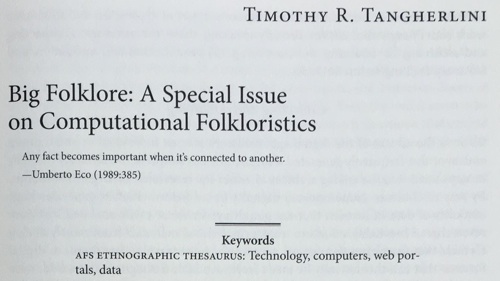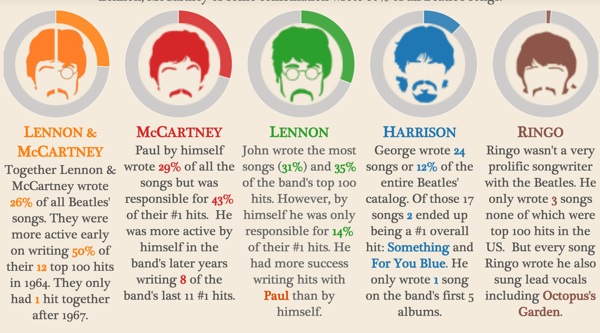You’ve probably heard of at least some of these disciplines:
- machine learning
- computer science
- statistics
- probability
- software engineering
- pattern recognition
- knowledge discovery
- computer engineering
- data mining
- data analytics
- data engineering
- artificial intelligence
- visualization
And there are more disciplines I could have thrown into the list, but these are all elements of the growing umbrella field called data science.
There is a huge demand in private industry and in government for folks who can can look at data (and increasingly big data) and discover or reveal hidden insights. In other words, the goal is to take data and turn it into knowledge.
Though these are tongue-in-cheek definitions of a data scientist, they do contain elements of truth:
Data Scientist (n.): Person who is better at statistics than any software engineer and better at software engineering than any statistician.
— Josh Wills (@josh_wills) May 3, 2012
Data Science is statistics on a Mac.
— Big Data Borat (@BigDataBorat) August 27, 2013
But data science is not just about creating algorithms for knowledge discovery in general, or improving security or unlocking the mysteries of the brain in specific. Data science also allows for insights into the human condition, such as how we tell stories:
And data science also reflects our emotions and comments on love, life, and the pursuit of happiness, as in this analysis and visualization of the themes and productivity of The Beatles:
Got Data?
Get Data Science.

